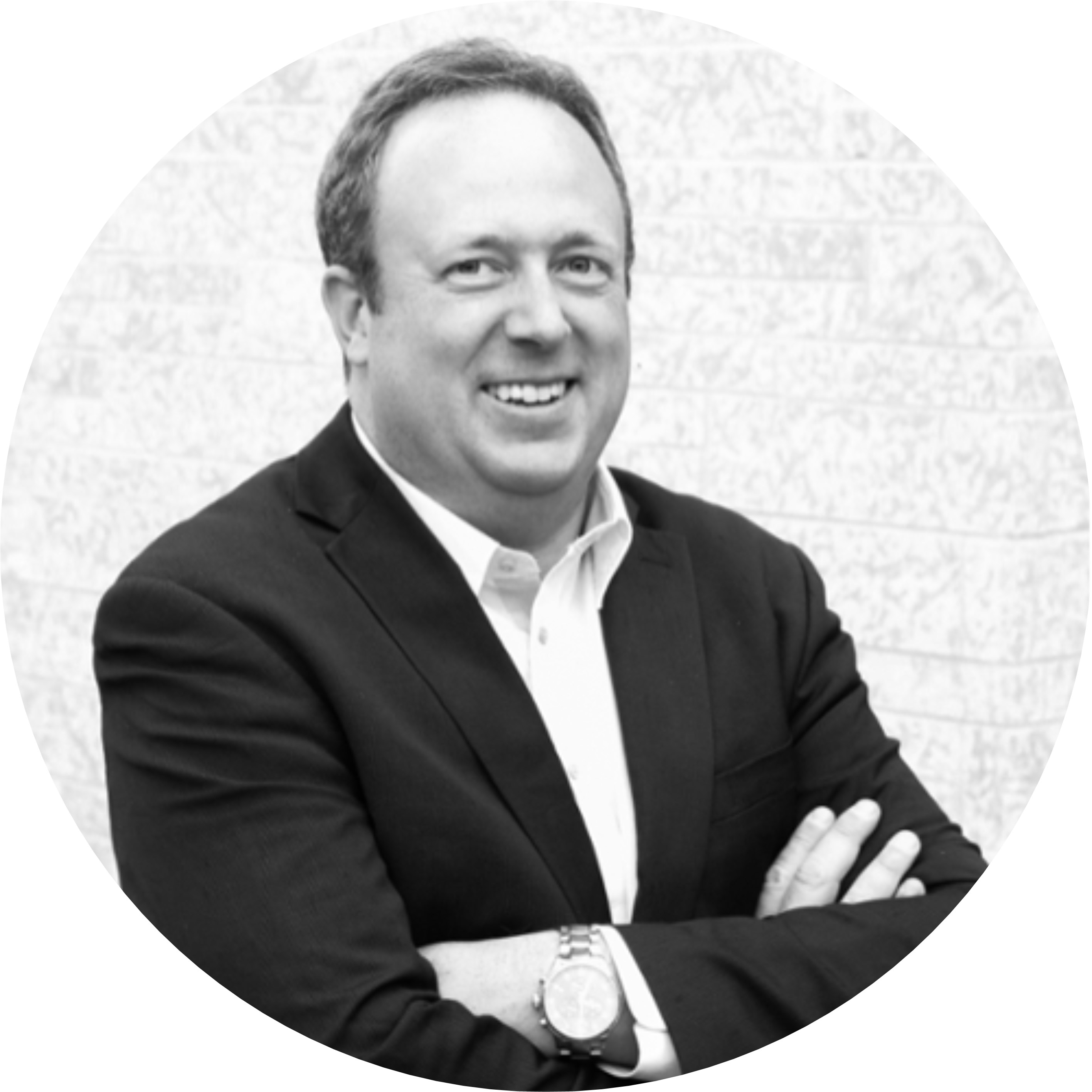Abstract
This paper engages with the virtually unexamined topic of retroactive constitutional amendments. It starts from a recent retroactive constitutional amendment in Canada (with the legislature of Saskatchewan and the federal Parliament using the bilateral amending formula to alter the Canadian constitution in a manner affecting only Saskatchewan and doing so retroactively to the 1960s). However, it goes on to identify and discuss a number of other retroactive constitutional amendments from jurisdictions around the world, showing that such amendments are more common than possibly realized, especially in the context of scholarly work on constitutional amendment that has simply not engaged with the topic. The paper goes on to argue that despite appropriate caution about retroactivity in law, scholarly work showing the benefits and appropriateness of retroactivity in legislative contexts can provide valuable guidance in distinguishing between legitimate and illegitimate retroactive constitutional amendments (even while the narrower legality of these amendments may conceivably depend upon features of particular constitutional systems). The paper tries to show how such normative theories might distinguish between some of the examples of retroactive amendments. This paper thus seeks to open up discussion about retroactive constitutional amendments, their presence in law, and principles for assessing their legitimacy or illegitimacy.
About the speaker
 Dr Dwight Newman KC
Dr Dwight Newman KC
University of Saskatchewan
Dwight Newman, KC, DPhil (Oxford) is Professor of Law at the University of Saskatchewan, where he has been on faculty since 2005. He served the maximum two terms in a Canada Research Chair in Indigenous Rights in Constitutional and International Law from 2013 to 2023. He has also served a term as Associate Dean Academic. He has over 200 publications of various types, including 15 books. His writing is regularly cited as an authority in judicial decisions, and he has been cited in at least 14 Supreme Court of Canada decisions. He has presented and published some of his work in French. He has been on academic fellowships or visitorships at a range of prestigious institutions, including Cambridge, Oxford, McGill, Princeton, l’Université de Montréal, and the University of Western Australia (UWA). He is a member of the bars of Ontario and Saskatchewan and maintains a small part-time constitutional law practice. He was a law clerk to Chief Justice Antonio Lamer and Justice Louis LeBel at the Supreme Court of Canada and has also worked for Justice Canada (seconded part of the time to the Pay Equity Task Force Secretariat) and for human rights organizations in Hong Kong and South Africa. His initial studies were in his home province of Saskatchewan (BA in Economics at Regina and JD at Saskatchewan), and he completed three graduate degrees at Oxford as a Rhodes Scholar (BCL, MPhil, DPhil). He recently completed two additional graduate degrees that deepen his interdisciplinary understandings and sense on the social place of law (MATS in History of Christianity and MSc in Finance and Financial Law). He has served in various board or committee roles, including at different times as Co-Chair of the American Society of International Law (ASIL) Rights of Indigenous Peoples Interest Group, member of the International Law Association (ILA) Committee on the Implementation of the Rights of Indigenous Peoples, voting member of the Canadian Bar Association (CBA) national council, Vice-President of the Canadian Law and Society Association, and member of the boards of organizations involved in public interest litigation. He has a longstanding role as a volunteer judge for the Jessup International Law Moot, judging up to advanced rounds in Washington DC, and previously competed for the Saskatchewan team (top English-language oralist in Canada, Dillard Prize for Memorials, Baxter Prize for best respondent memorial in the world). In addition to all Canadian provinces and territories, he has travelled to over 80 countries.
About CPICL Seminars
The Centre for Public, International and Comparative Law (CPICL) regularly hosts a series of seminars and events that serve as dynamic platforms for intellectual exchange and scholarly dialogue. These gatherings bring together leading experts, researchers, and practitioners from around the world to discuss pressing legal issues and emerging trends in public, international, and comparative law. Our seminars and events are designed to foster interdisciplinary collaboration, stimulate innovative thinking, and provide valuable insights into complex legal challenges. Through these engagements, CPICL not only disseminates its cutting-edge research but also contributes to shaping the global legal landscape.
